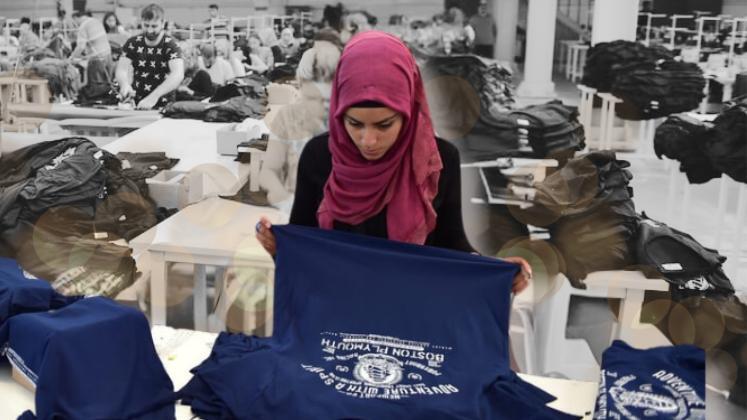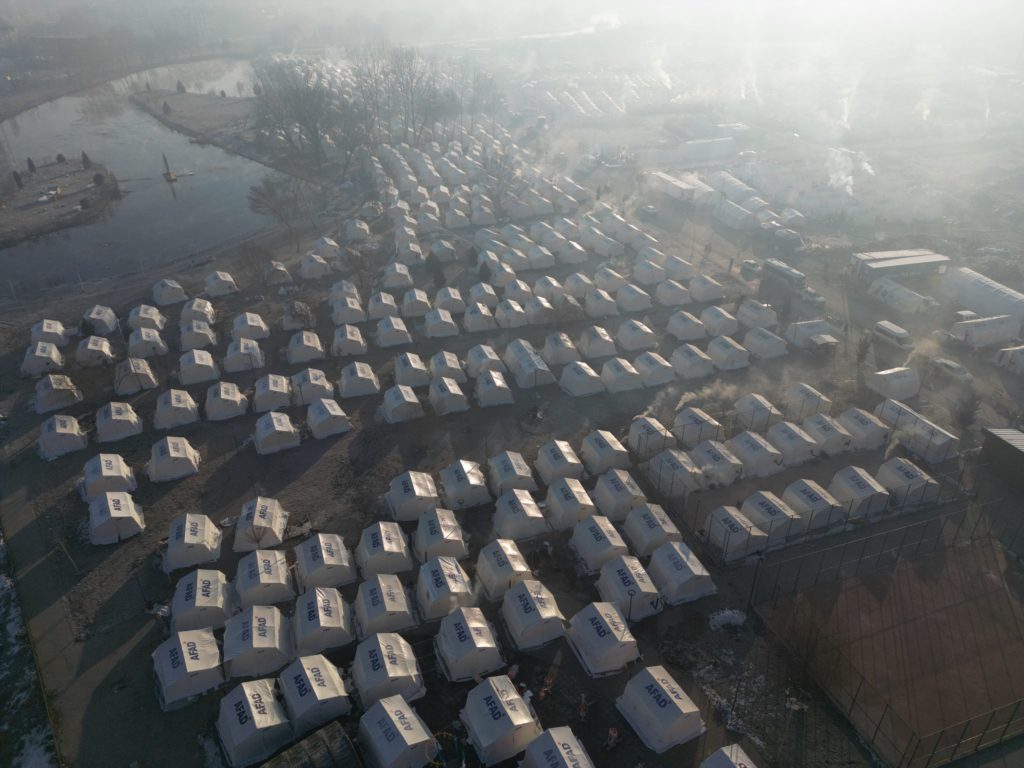Turkey sets ambitious sustainability targets | Sustainability News Turkey

Turkey, which plans to become a carbon-neutral economy by 2053, has set challenging targets for 2035.
In the face of competition from Asian nations, Turkish apparel exporters are determined to prioritise sustainability in their efforts to captivate European and American brands. They urge brands to no longer consider price as the sole criterion.
At the ‘Transformation Journey of the Turkish Apparel Industry’ conference, which took place in Istanbul, the Istanbul Apparel Exporters’ Association (Ihkib) expressed this position. Dirk Vantyghem, the director-general of Euratex, the European textile confederation, and representatives of well-known global businesses were among the important guests.
“Turkey stands as one of the two countries, alongside China, where every component, from fibre to the finished product, is integrated into the supply chain,” emphasised Mustafa Gültepe, president of İHKİB and the Turkish Exporters Assembly (TIM).
This dedication to moving towards more environmentally friendly production is in line with the industry’s stated objective, which is to increase domestic apparel exports from US $ 20 billion to US $ 40 billion. This is a significant goal for a nation that accounts for 3 per cent to 5 per cent of all exports worldwide in the industry. Moreover, this goal can only be accomplished with the backing of European orders, which make up 60 per cent of sector exports, plus another 15 per cent or so of exports that are going to the US.
With commodities valued at US $ 2.8 billion, Turkey was the tenth-largest supplier of clothing and textiles to the US in 2022. Notably, the nation was the second-biggest supplier of textiles after China, valued at € 6.1 billion, and the third-largest supplier of apparel to the EU, with a total of € 21.8 billion.
Even with duty-free access to the EU market, Turkey was not exempt from the drop in orders from an inflation-affected Europe in the previous year. In an effort to boost domestic yarn and fabric producers, the nation simultaneously decided in late November to raise customs tariffs on hundreds of textile products, ranging from 30 per cent to 100 per cent. Local clothing producers are worried about losing their competitive edge as a result of this move because of the rising cost of materials.


![Motorcyclist rides along Turkish highway with a MATTRESS between him and his passenger [Video] Motorcyclist rides along Turkish highway with a MATTRESS between him and his passenger [Video]](https://i.dailymail.co.uk/1s/2022/04/21/14/56879351-10739443-image-a-15_1650546067163.jpg)
